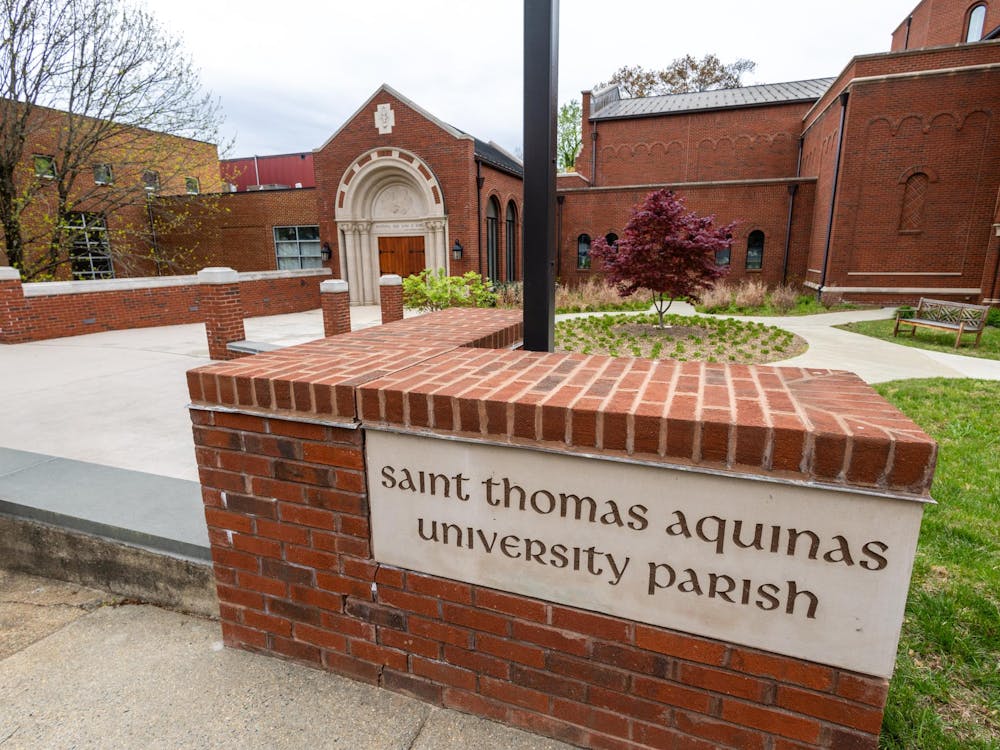A recent proposal by the Department of Education to create a new database of enrollment records on all students attending colleges and universities across the country is raising concerns among advocacy groups over the loss of privacy rights.
In the past, the government only has requested specific student information on individuals who apply for financial aid. Otherwise, colleges and universities only submit general information about overall enrollment, graduation and financial aid.
The new requirements would demand that colleges and universities provide information on all students individually along with their social security numbers.
For the government to make these proposals a reality, Congress would have to make changes to existing federal privacy laws. There is no specific timeline to implement the proposal at this point.
Several national groups have expressed concern that the federal government will abuse this power if it is granted.
"Our concern really centers on this being a really major move away from the confidentiality of student information that has been in place for more than 30 years," said Roland King, vice president for public affairs for the National Association of Independent Colleges and Universities. "In our view there is a fairly limited return from a research standpoint versus what would be given up in student privacy."
Recent education initiatives such as the national No Child Left Behind Act have emphasized accountability in all levels of education and led to the creation of the college and university proposal.
Sarah Flanagan, NAICU vice president for government relations, said the proposed reasons for the new regulations would be twofold.
First, the government would like to be able to track the success of its student loan programs. Second, the government would like to be better able to track transfer students.
Flanagan said the NAICU is generally concerned with the concept of creating a centrally-located national database for every enrolled student in the country.
"We believe that students -- not the federal government -- should have control over their own educational records," she said. "If this proposal was enacted, the government would be able to demand any information they desired about students enrolled at any college or university in the country."
The National Center for Education Statistics at the Department of Education would be in charge of receiving, analyzing and protecting the data. The center points out that it has never been forced to share student information with law enforcement or other government agencies in the past.
University Systems Engineering Prof. Jim Lark said there is a disturbing tendency for programs which are put in place by the federal government for one purpose to be used for another purpose.
"The problem of course is that once the data are collected, your best efforts may not be enough to keep a very aggressive government agency from using the data," Lark said.
Lark served as National Libertarian Party chair from 2000 to 2002.
"I tend to take a rather dim view of any efforts by the federal government to build up a database of information on people unless it is very clear that the information is crucial," he added.






